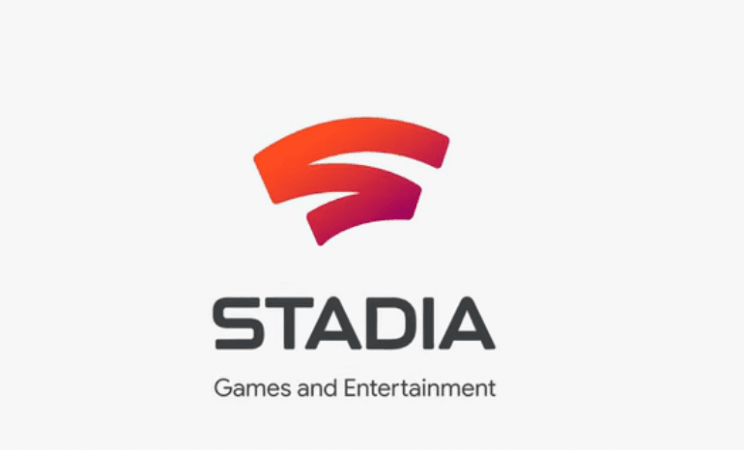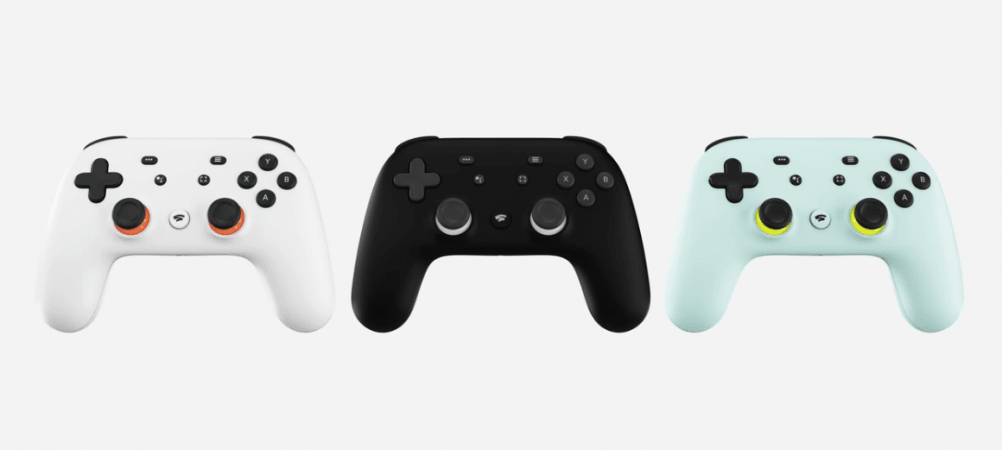Streaming is the present and future. From videos to music, everything is now widely streamed, be it on YouTube, Netflix or Spotify and Apple Music. But a crucial aspect of entertainment – gaming – is reluctant to switch to the streaming era, but Google is hell-bent on changing that.
The video gaming industry is massive and players either require a gaming console like PlayStation and Xbox or download a game before playing it on PC or smartphone. Streaming and video games go hand in hand only when players want to show their gaming skills to the world, but Google's solution allows streaming video games through its newly-launched Stadia gaming platform.
Look at it as Netflix for video games, where players can play their favourite game on any device without having to download the game or connect a high-end console. Google made the big announcement at the ongoing Game Developer Conference (GDC) in San Francisco.
From allowing users to share and stream gaming videos on YouTube, Google wants a bigger share of the lucrative gaming industry, which is valued at $180 billion. In doing so, Google might disrupt decades-old traditions and the way people play games forever.
Future of gaming
Google Stadia is the first-of-its-kind cloud-based gaming platform for everyone, using which high-graphics games will be rendered using Google Cloud and AMD graphics. From what Google showed at the GDC, Stadia is capable of streaming games on everything from Android smartphones and tablets to Chromecast devices and laptops. This allows for seamless multiplayer, cross-platform gaming sessions between friends and gamers.
Google Stadia replaces gaming consoles with its own centralised servers, data centres and multiple GPUs. Google compared its Stadia platform with current-gen consoles and showed its chip will offer 10.7 teraflops of power compared to PS4 Pro's 4.2 teraflops and Xbox One X's 6 teraflops of power.

Google promises high graphics and low latency on Stadia gaming platform and games will be supported at 4K at unrelenting 60 frames per second (fps) with HDR. The future looks even more promising as 8K with 120fps support for games is in the offing. But from what we've understood, users will need to invest in high-speed Wi-Fi internet until 5G fully comes to fruition.
Gamers are not new to YouTube as it is their top choice for streaming gameplay. With Stadia, this will be done seamlessly with cross-integration between both platforms. Another interesting titbit shown by Google really impressed us. While playing a video game trailer, users will be given an option at the end of the video to play the game and it takes less than 5 seconds to redirect you to the game. It's insane!
Another interesting feature of Stadia is a boon for gamers to play with their favourite YouTube creators simply by clicking the link to join the game. The feature is called Crowd Play.

For now, Google Stadia's portfolio of compatible games includes Assassin's Creed Odyssey and Doom Eternal. The web search titan has partnered with Unreal Engine and Unity for Stadia, but one can expect more games to join the platform.
Google hasn't left any stone unturned in making Stadia the ultimate gaming platform. There's also a specially designed hardware, and it's not your console but a humble Stadia controller.

It's worth pointing out that gamers can use existing controllers, but Stadia controller comes with Wi-Fi support, identifies the device and screen you want to play on and two additional buttons that you don't find in your normal controllers. There's one button for screenshot a particular moment in the gameplay, so you can easily share it anywhere. The second extra button is to summon Google Assistant for any queries you might have at any point during the game or otherwise.
Unanswered questions
It all sounds so great, it's almost hard to comprehend. But for someone with Google's stature with unlimited resources, it shouldn't be impossible to bring a cloud game-streaming platform such as Stadia to its final phase. Google simply said Stadia will be launching this year, with no definitive date. Initially, Google Stadia will be limited to the US, UK, Canada and most of Europe.
But Google Stadia has left us with more questions than answers.
What is the ideal setup, even if it means just high-speed Wi-Fi, for players to stream video games on Stadia? How is Google going to monetise on Stadia? Is there going to be a one-off payment for games or something like a monthly or annual subscription? Will games on Stadia be as smooth as demonstrated? A lot of questions out there, but Google is going to eventually answer them and hopefully evolve the long-stagnant gaming industry.














